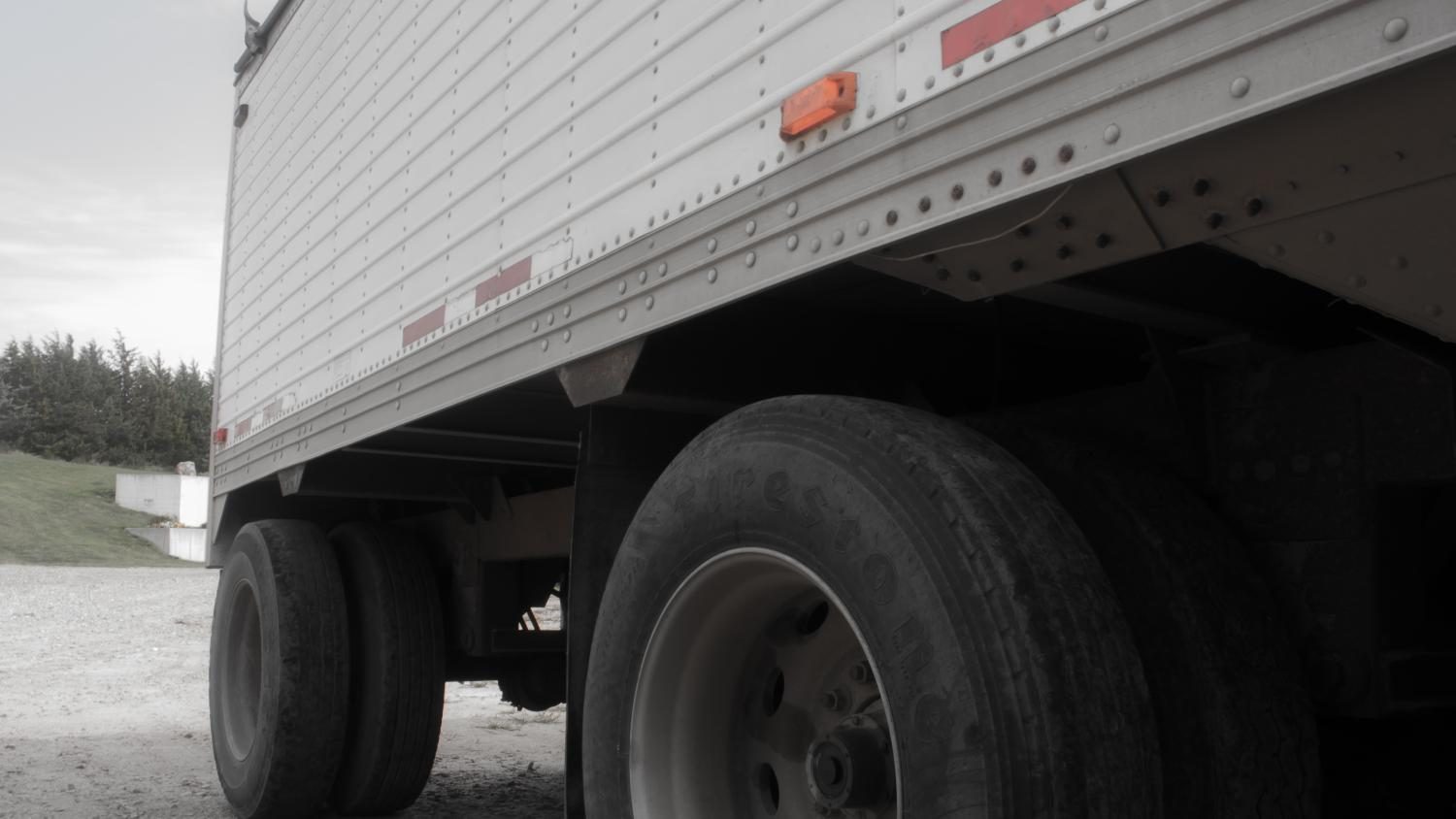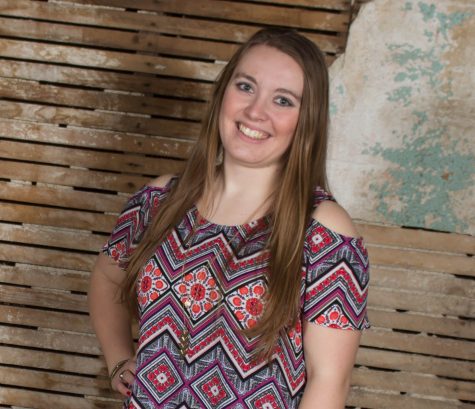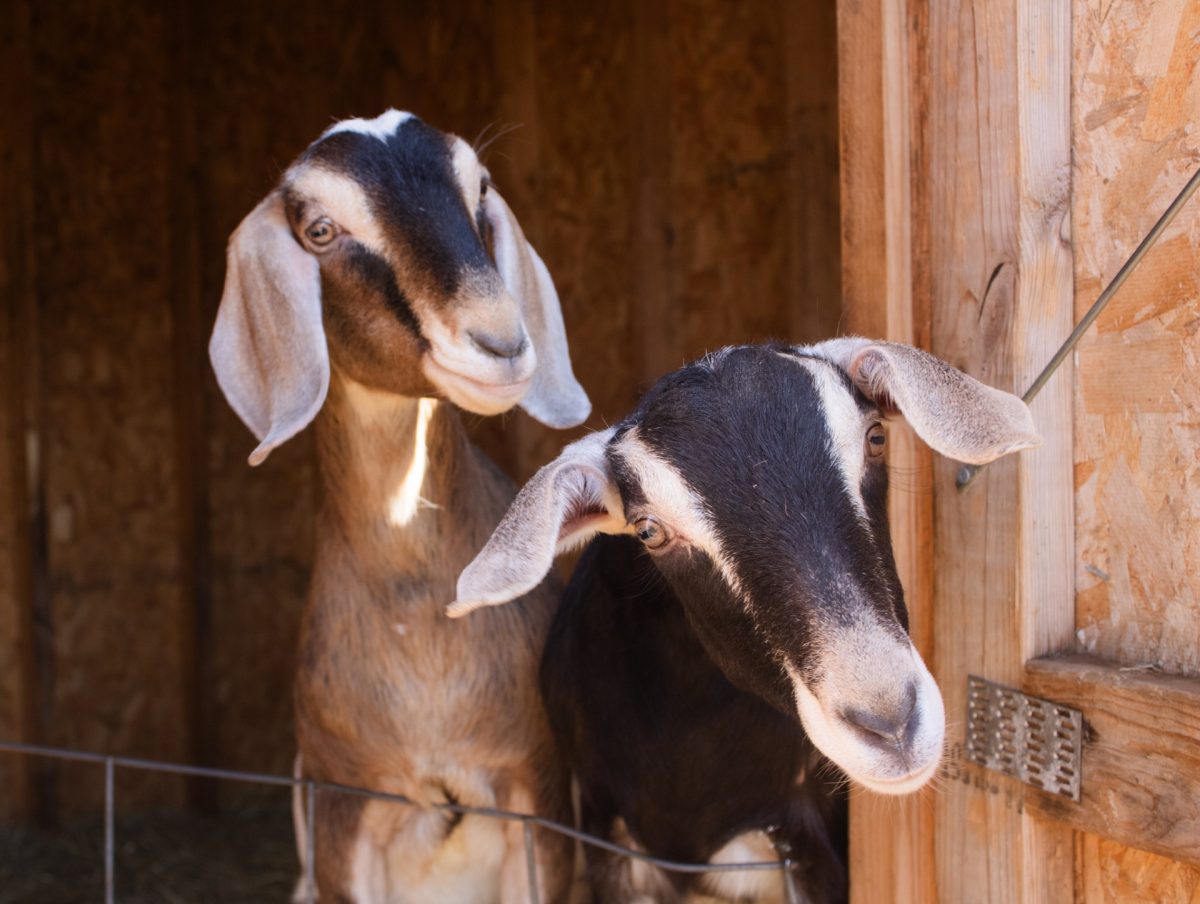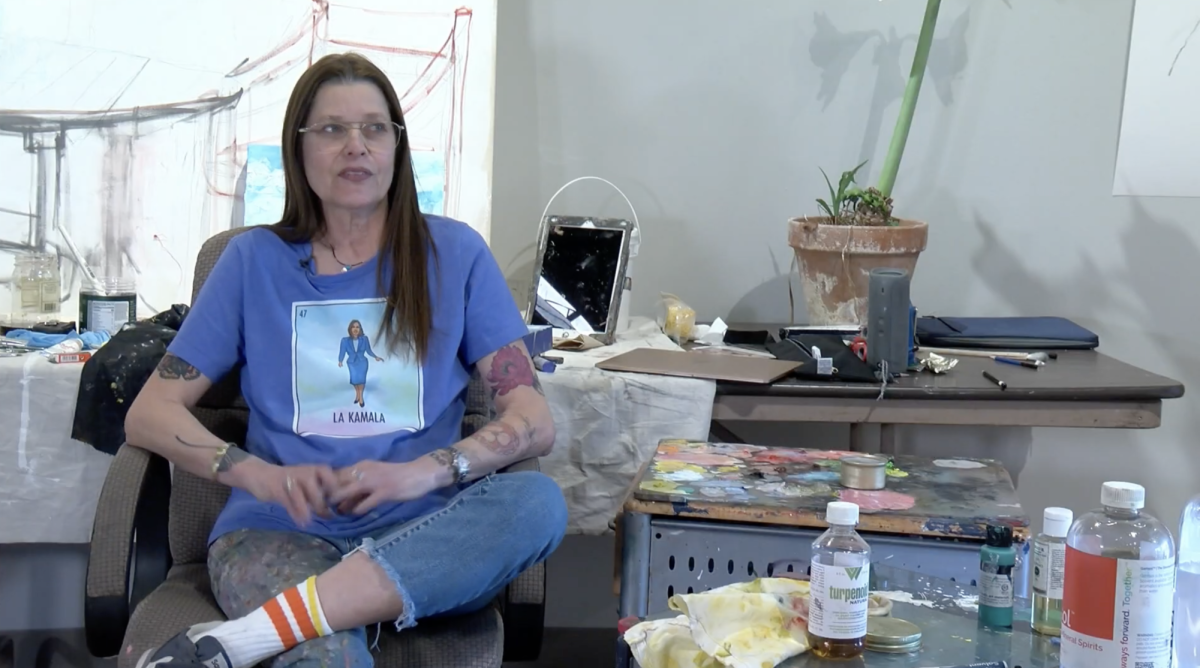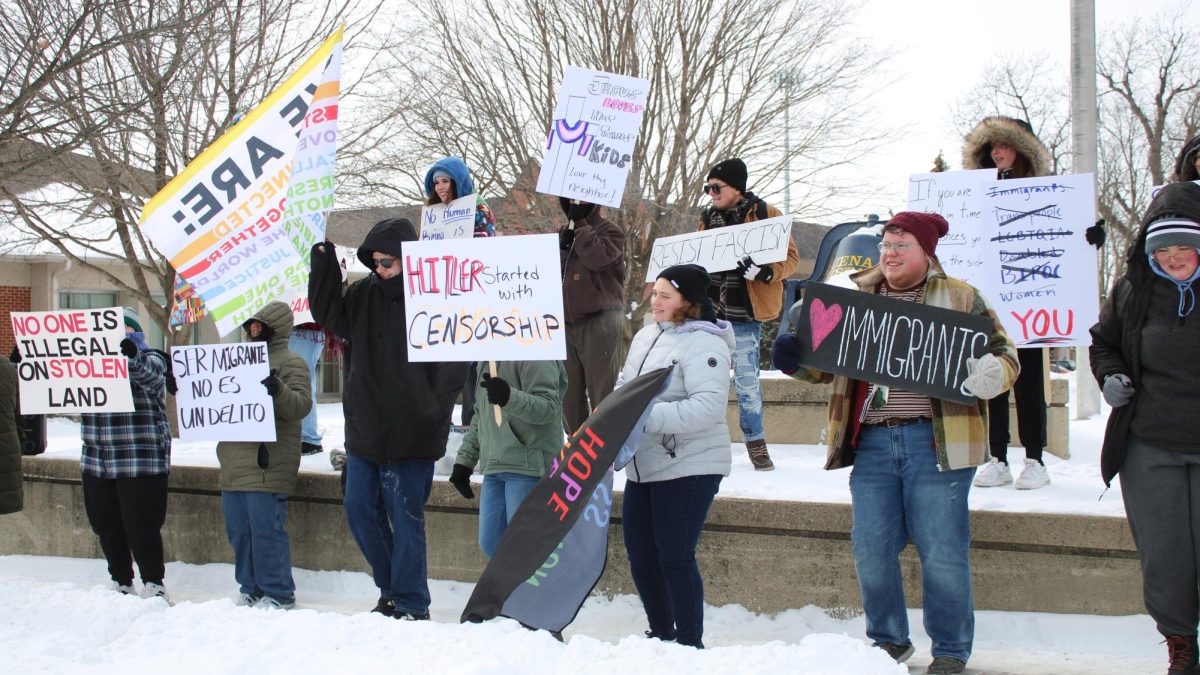Human Trafficking: An Illegal Billion-Dollar Industry Hits Close to Home
September 21, 2017
“Every night, [she] was taken to a different truck stop and forced to go door to door offering commercial sex.” “[He] traveled for 12 straight days until he reached the Texas border, where a restaurant owner was waiting to purchase him and four other young men.” “When she was caught attempting to contact friends and family back home, she was sold to another trafficker.” Read more here.
These are just a few of many stories about people who have been victimized by the human trafficking industry. According to Polaris, an organization dedicated to putting a stop to this modern slavery, human trafficking is a $150 billion industry, profiting from commercial sex and forced labor. This business has steadily grown over the years, to the point at which nearly 21 million people across the globe are involved as victims. Such overwhelming statistics are hard for many people to even fathom. What is worse, many people do not even realize just how close to home it is.
Over the summer, there was a human trafficking incident involving a trucking company out of Schaller, Iowa, just 14 miles down the road from Storm Lake. One of its trailers, which was driven by an on/off employee and his own truck, was found in San Antonio, Texas, hauling about 100 humans. Because the trailer was not made to haul living beings, it had only one hole that the people took turns breathing out of. When they were discovered, eight persons were dead, and over a dozen more in serious conditions; two more deaths occurred at the hospital.
While the owner of the company claims to have no involvement, it does not make the incident any less real. Even though the association is indirect, this episode cannot go ignored. Dr. Ashley Farmer-Hansen, Director of Civic Engagement here at BVU, gave this as one of the main reasons she and the VPs of AWOL decided to do a human trafficking trip for this spring break.
“It felt really close to home, just down the road,” Dr. Farmer-Hansen says. “It’s something that small-town Iowans do need to talk about because it’s happening here, and so what better way to use college students, to use their knowledge, abilities, and skills…[than] to really learn how we can serve them, work with those agencies, [and] also bring those skills back to our local area and try to combat it here.”
However, there are more ways we can help put an end to human trafficking. Dr. Farmer-Hansen says the best thing we can do is to “know the signs,” and tell someone if we recognize them. Some of those signs include:
- being paid very little or not at all
- is anxious, submissive, or paranoid
- avoids eye contact
- appears malnourished
- is not allowed to speak for himself/herself
- many other signs (learn more at the Polaris website)
Whatever we do, it is important for us to remember that “we are all human. We should care for each other; we should look out for one another,” as Dr. Farmer-Hansen says.
It is important that we are aware of what is happening around us and that we are willing to do what it takes to support those who are in need. We can help by being aware of ourselves and our surroundings, helping those who are in these kinds of situations, and making sure that we are not willfully supporting this industry in any way.
Dr. Farmer-Hansen asks the main question behind this whole ideology, “How do you even put a value, like a monetary value, on someone’s life?” It’s a disturbing thought, but if we work together to use our talents and abilities, we can help put a stop to this heinous crime. It is our responsibility, as citizens of the world, to show these people that they are priceless.
*If you or someone you know is being trafficked, call the National Human Trafficking Hotline: 1 (888) 373-7888 *To apply for the AWOL trip, contact Dr. Ashley Farmer-Hansen: [email protected]



